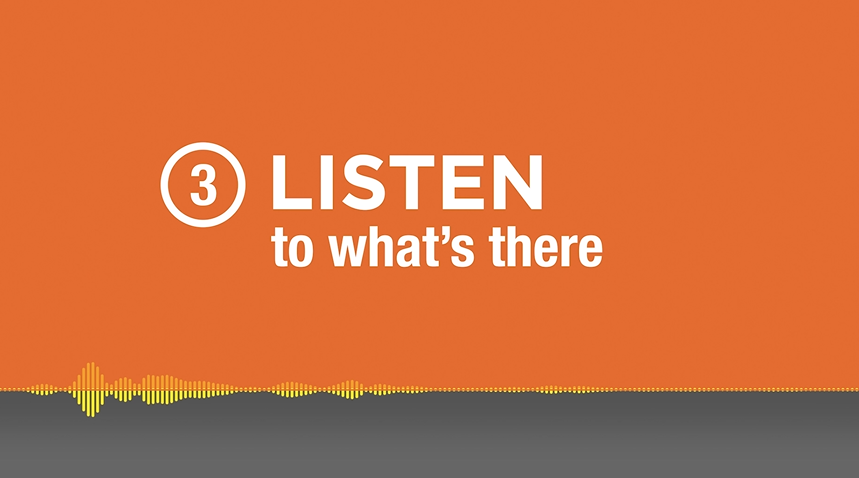Turning Down the White Noise
The Fulling Management & Accounting team has started watching a new video series! Every week in our staff meetings, we watch a culture & leadership video to aid in our professional and personal development. The series we’re watching now is by Clay Scroggins and is based on his book How to Lead in a World of Distraction.
The second session of Clay Scroggins’s series is on Turning Down the White Noise. Scroggins explains that white noise is constant, imperceptible at times and often masks something. “White noise is a form of distraction,” says Scroggins. Some examples of white noise we came up with are: Busyness, to-do lists, news on your phone, social media, and podcasts.
The thing with white noise is that it hides feelings you may not want to feel. You turn on the radio in the car so you don’t have to listen to your anxious thoughts. You clean your kitchen instead of paying bills because you are afraid of the negative feelings you feel when you look at your bank account. The louder the feelings we don’t enjoy, the louder we “turn up” the white noise. But this gets in the way of us becoming a better person and leader.
“So many people are walking around today emotionally incompetent, not knowing how to deal with these things inside of them. It’s causing problems at home in our relationships and at work in our own leadership,” says Clay Scroggins. Here is how we can figure this out:
Name your noise. - “This is the noise I use to cover up the things I don’t want to feel.”
Experiment with the noise. - “I have a hypothesis that I’m spending too much time at work.” Then try changing a variable to turn down the noise and see what happens.
Listen to what’s there. - Pay attention to what you feel and think. Is there something you have been trying to mask?
Our team came up with the following ideas to make a positive change in our life and turn down that white noise:
Move your phone to another room for a period of time.
Run or exercise.
Change your notification settings.
Take time for solitude and stillness.
Create a space away from distractions.
Take the time to enjoy the good white noise like rustling of the trees in the wind, rain on the metal roof, etc.
“What if you decided to become the kind of leader that habitually turns down the noise low enough and long enough to be ruthlessly curious about what’s there.”
- Clay Scroggins
What are some “white noises” that you use or have used?
What could you try to change, in regards to the white noise, to see what happens?





